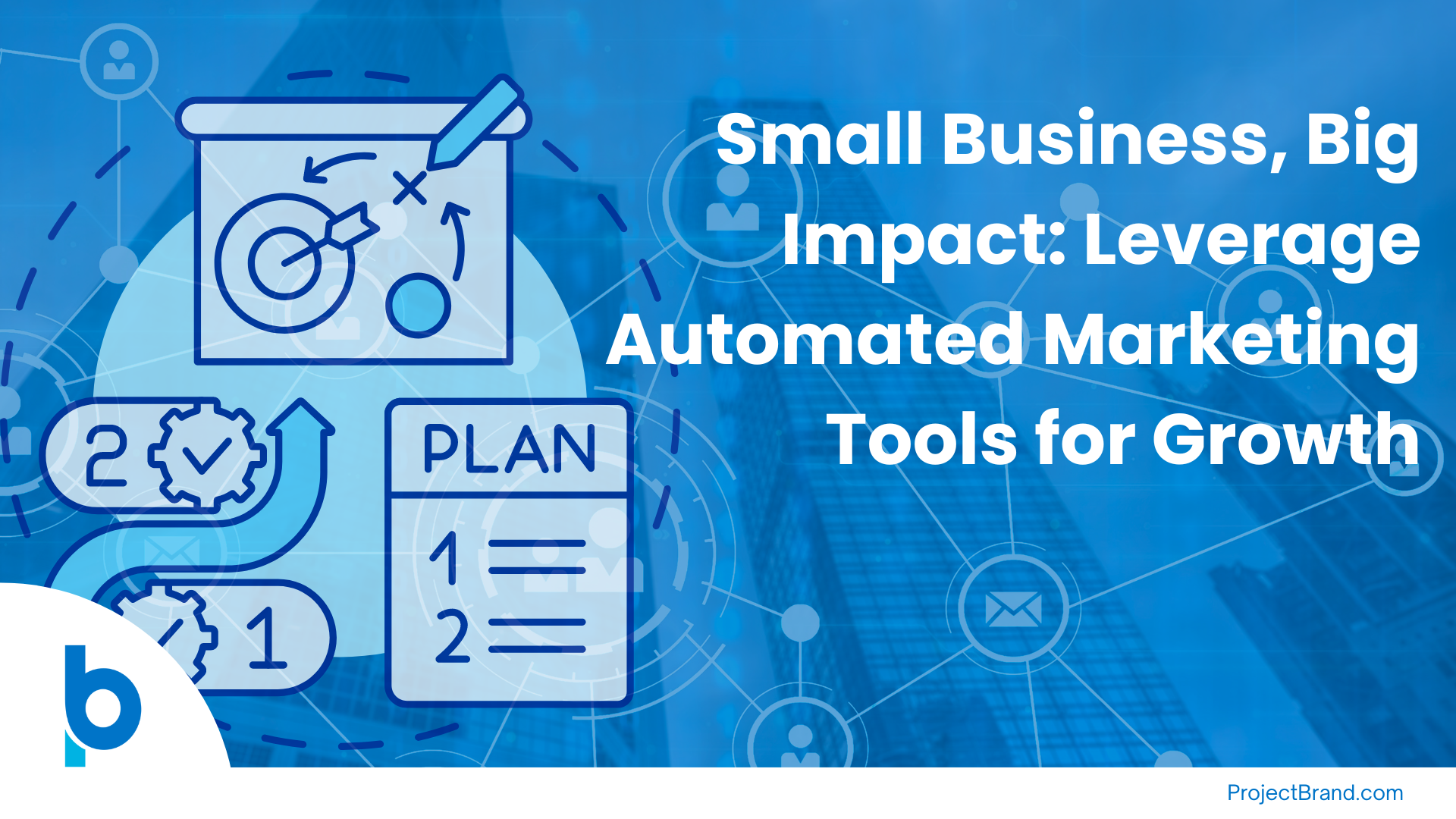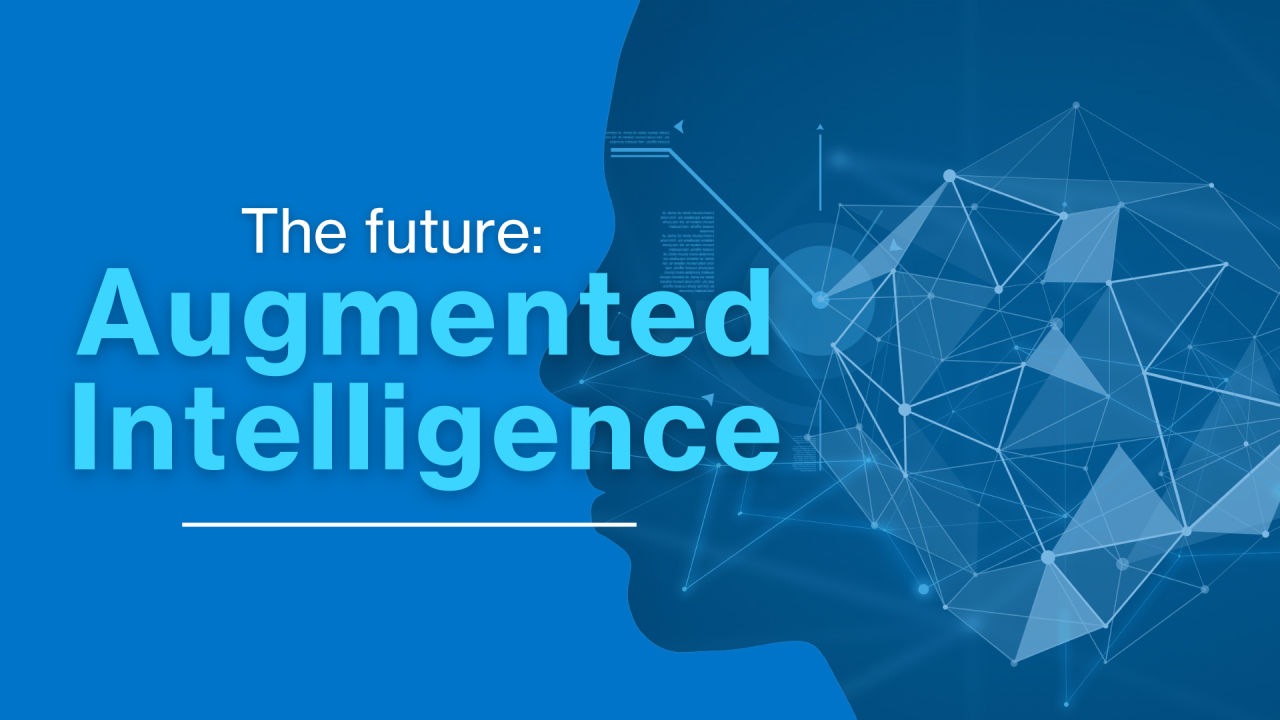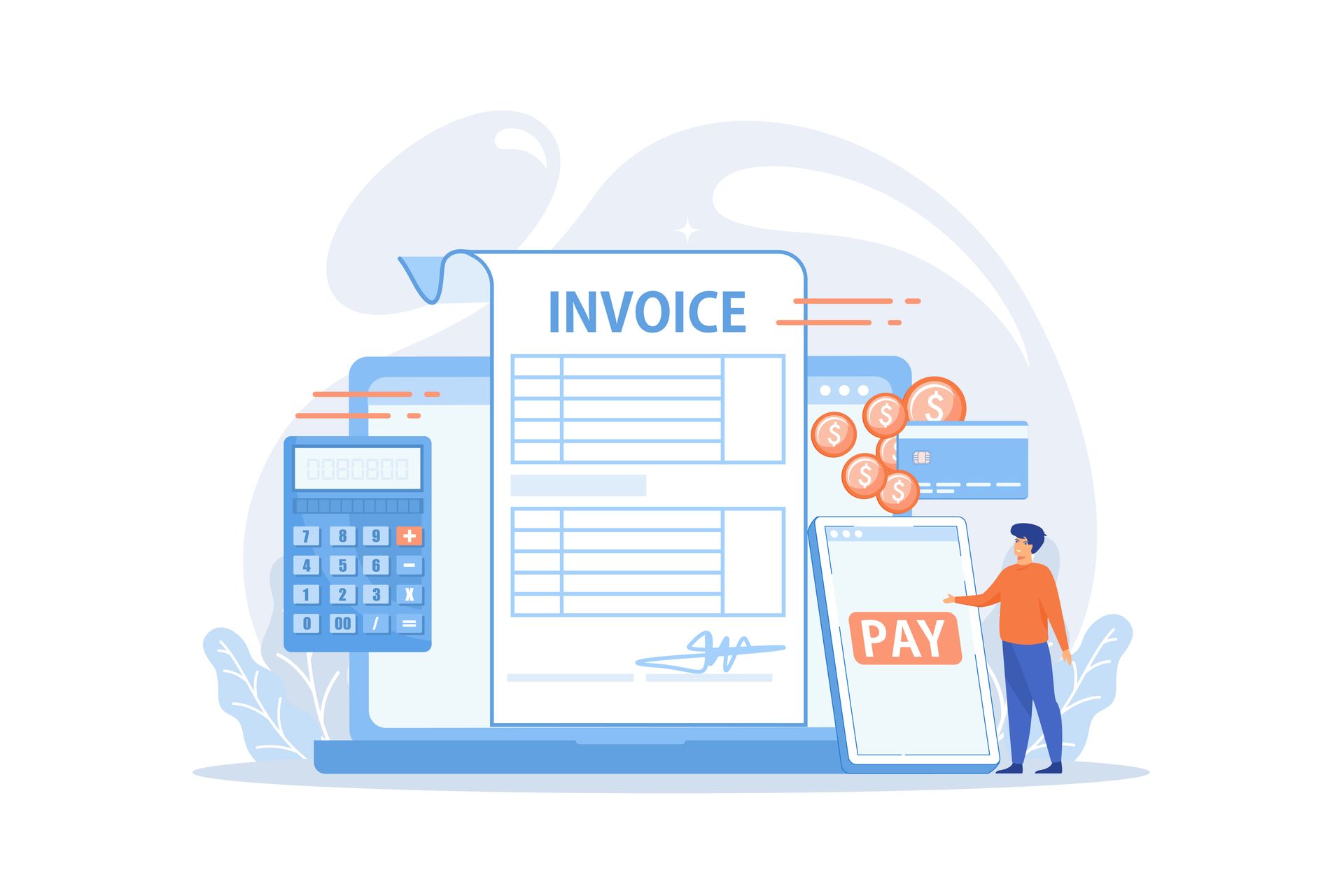Receive our Newsletter
AI and Machine Learning: Shaping the Future of Marketing Automation
AI is revolutionising the digital marketing landscape, ushering in a new era marked by enhanced customer understanding and persuasive strategies aimed at augmenting sales. This innovation, pivotal for the future of marketing, lies at the heart of digital transformation, employing advanced tools across the customer journey from product research to post-sale service.
Emerging trends in marketing underscore the importance of AI and machine learning in crafting marketing strategies that are efficient and tailored to meet consumers' evolving preferences. The integration of AI into marketing automation highlights a significant shift towards data-driven decision-making, affirming its role in shaping the future of digital marketing
.
AI-Driven Personalization
AI-driven personalization is revolutionizing the way businesses interact with their customers, offering a bespoke experience that caters to individual preferences and behaviours. Here are some key ways AI is shaping personalization in marketing:
- Dynamic Content and Recommendations
- Enhanced Customer Engagement
- Omnichannel Personalization
By leveraging AI for personalization, businesses can significantly improve customer targeting, engagement, and loyalty, setting the stage for a future where marketing strategies are not only data-driven but also deeply intuitive to the needs and preferences of each customer.
Machine Learning in Marketing Strategy
Machine Learning (ML) is transforming marketing strategies with its ability to analyze vast amounts of data, unveiling insights that drive more effective, targeted campaigns. At the core of this transformation is the predictive analytics capability, foreseeing customer behaviours and trends, thus enabling marketers to craft strategies that are several steps ahead. Generative AI tools, including ChatGPT, are redefining content creation, making it faster and more relevant to the audience's needs. This acceleration in content production is vital for keeping pace with the dynamic digital landscape.
- Automation in Marketing Funnels: ML is revolutionizing the automation of marketing funnel workflows. By dynamically advancing leads to the appropriate stages based on their interactions and engagement levels, businesses can ensure that potential customers receive the most relevant information at the right time. This level of automation not only enhances the efficiency of marketing strategies but also significantly improves conversion rates.
- Enhancing Customer Experience with AI: The deployment of AI-powered assistants to handle repetitive tasks allows marketing teams to concentrate on strategy and creativity. This shift towards automation is evident in various AI-driven marketing trends such as content creation, chatbots, and voice search optimization. The reliance on machine learning algorithms, which require high-quality data, emphasizes the importance of collaboration between machine learning engineers and domain experts in ensuring the accuracy of data categorization and labeling.
Machine learning's capability to sift through gigabytes of data to identify potential customers with a high intent to purchase is revolutionizing targeted marketing. Through the use of NLP and image recognition algorithms, businesses can now pinpoint prospective customers more accurately. Moreover, ML enables the automation of customer segmentation and the discovery of hidden patterns within data, facilitating the creation of highly specific small segments for targeted marketing efforts. This not only saves time and resources but also significantly enhances the effectiveness of marketing campaigns.
Challenges and Considerations
As AI and machine learning continue to redefine the future of marketing, several challenges and considerations emerge, necessitating a strategic approach to integration and application.
- Ethical and Privacy Concerns:
- Technical and Resource Challenges:
- Data and Regulatory Considerations:
Addressing these challenges involves a blend of ethical diligence, continuous learning, and strategic data management, ensuring AI's marketing role is innovative and responsible.
Conclusion and Future Outlook
Throughout this exploration of AI and machine learning in marketing automation, we've witnessed a seismic shift towards highly personalized, efficient marketing strategies that promise to reshape the customer journey. By harnessing dynamic content and recommendations, enhancing customer engagement, and revolutionizing marketing strategy through machine learning's predictive capabilities, businesses are better equipped than ever to meet the evolving needs of their audiences. These advancements optimize the marketing funnel and ensure a more intuitive, customized interaction with each customer, solidifying long-term loyalty and driving sales.
However, as we stride into this promising future, it's crucial to navigate the ethical, technical, and regulatory challenges accompanying AI and ML integration in marketing.
By prioritizing ethical considerations, closing the skills gap, and ensuring data quality and regulatory compliance, businesses can leverage AI and machine learning to their fullest potential.
This strategic approach paves the way for innovative marketing solutions that are effective, responsible, and aligned with broader societal values, marking a new epoch in the digital marketing landscape.











